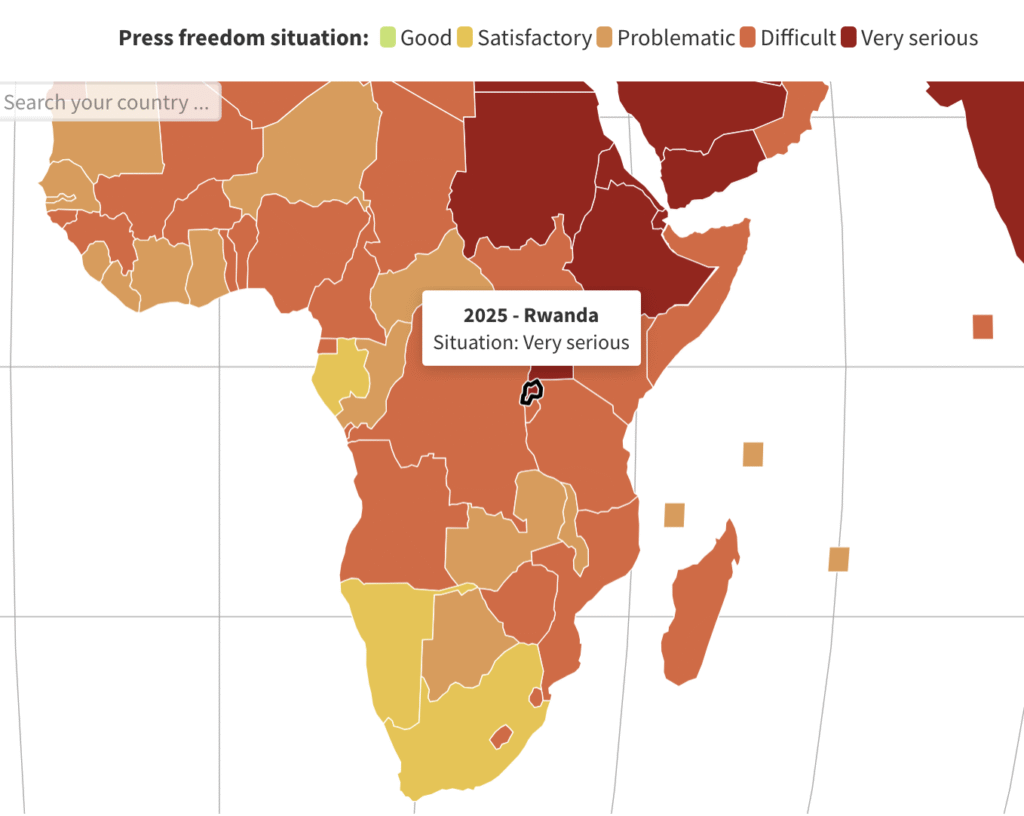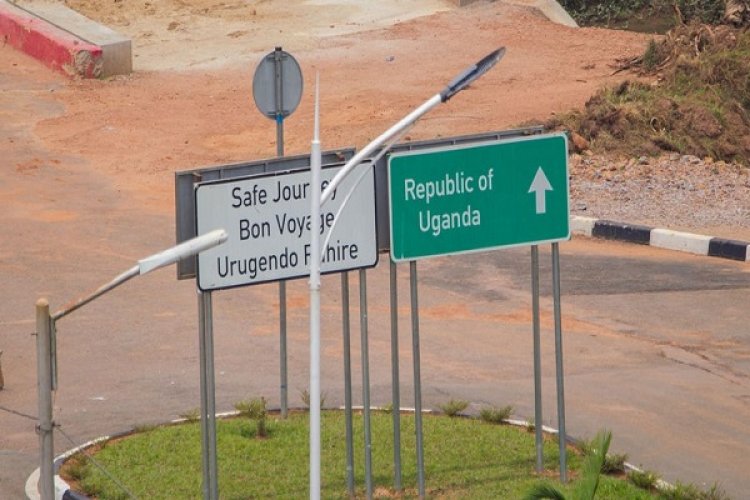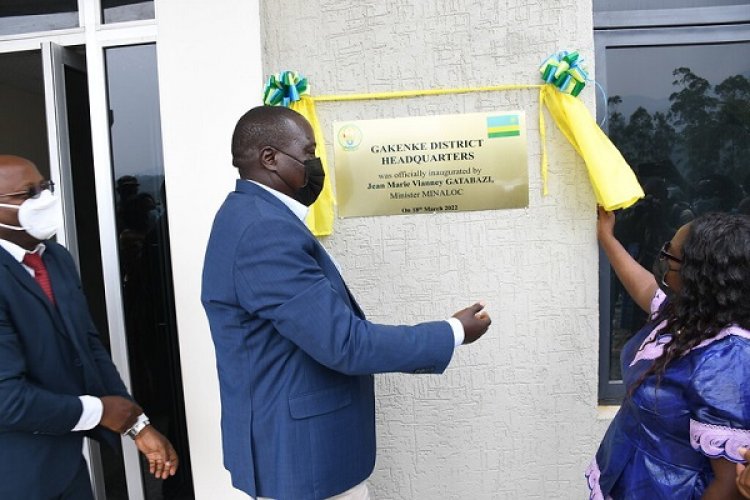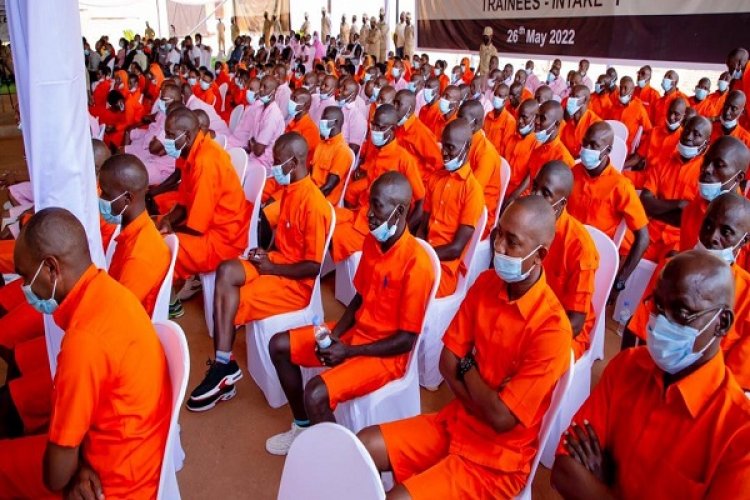As World marks press freedom day on May 3rd, the media fraternity in Rwanda, Uganda and Ethiopia have little to no freedom to celebrate as journalists operate in an increasingly hostile environment.
The latest World Press Freedom Index published by Reporters Without Borders (RSF) indicated the three countries have entered a ‘very serious’ situation with regard to journalists’ safety and free press.
They make up the list of seven countries which fell in the bottom quarter of the Index. Uganda ranked 143rd in the 180 nations ranked globally, while Ethiopia came 145th and Rwanda 146th.
Press freedom ranking has fallen this year in each of the countries compared to last year. The sittuation is no different, or even worse in Burundi which fell by 17 places to 125th, Sudan (156th), Djibouti (168th), Egypt (170th), and Eritrea with World’s worst ranking at 180th position.
Surveillance
In particular, Rwandan media landscape emerged to be one of the poorest in Africa. RSF’s assessment found the press tightly controlled by the state or through shareholders who are members of the ruling party, and media owners must pledge allegiance to the government.
Journalists who have tried to circulate sensitive or critical content via YouTube or other online outlets in recent years have received harsh sentences.
Journalists in Rwanda are forced to attend a patriotism programme or become members of the ruling party. The authorities can intervene directly to fire those who resist. Authorities exploit the memory of the genocide to prevent the expression of any dissent or criticism.
They also use surveillance, espionage, arrest, and enforced disappearance to obstruct the work of journalists.
ALSO READ: Making sense of the personality cult taking root in Rwanda
In Uganda, which fell by 15 places to 143rd from 128th the previous year, journalists face intimidation and violence on a nearly daily basis. They are regularly targeted by the security services, the leading perpetrators of attacks against reporters in the country.
Ethiopia fell by four places. Here, most of the recent gains in press freedom have been reversed with Journalists’ fear of reprisals reignited by inter-ethnic conflict and a civil war.
Ray of hope
A number of African countries, however, provide a ray of hope, and have allowed journalists to operate freely over time. This is the case in South Africa which emerged at 27th place globally in this year’s World Press Freedom Index.
The country is praised to have a well-established culture of investigative journalism. It is also conducive to work as a journalist in Namibia which trails along South Africa at 28th place in the ranking.
Cabo Verde (30th) also stands out on the African continent for a favourable working environment for journalists. Gabon (41st) has also seen some improvements following the coup d’état of 30 August 2023, which ousted former President Ali Bongo Ondimba.
The index indicates that attacks on press freedom are quite rare in Seychelles (45th), and in Mauritania (50th), journalists work in a less oppressive environment.










